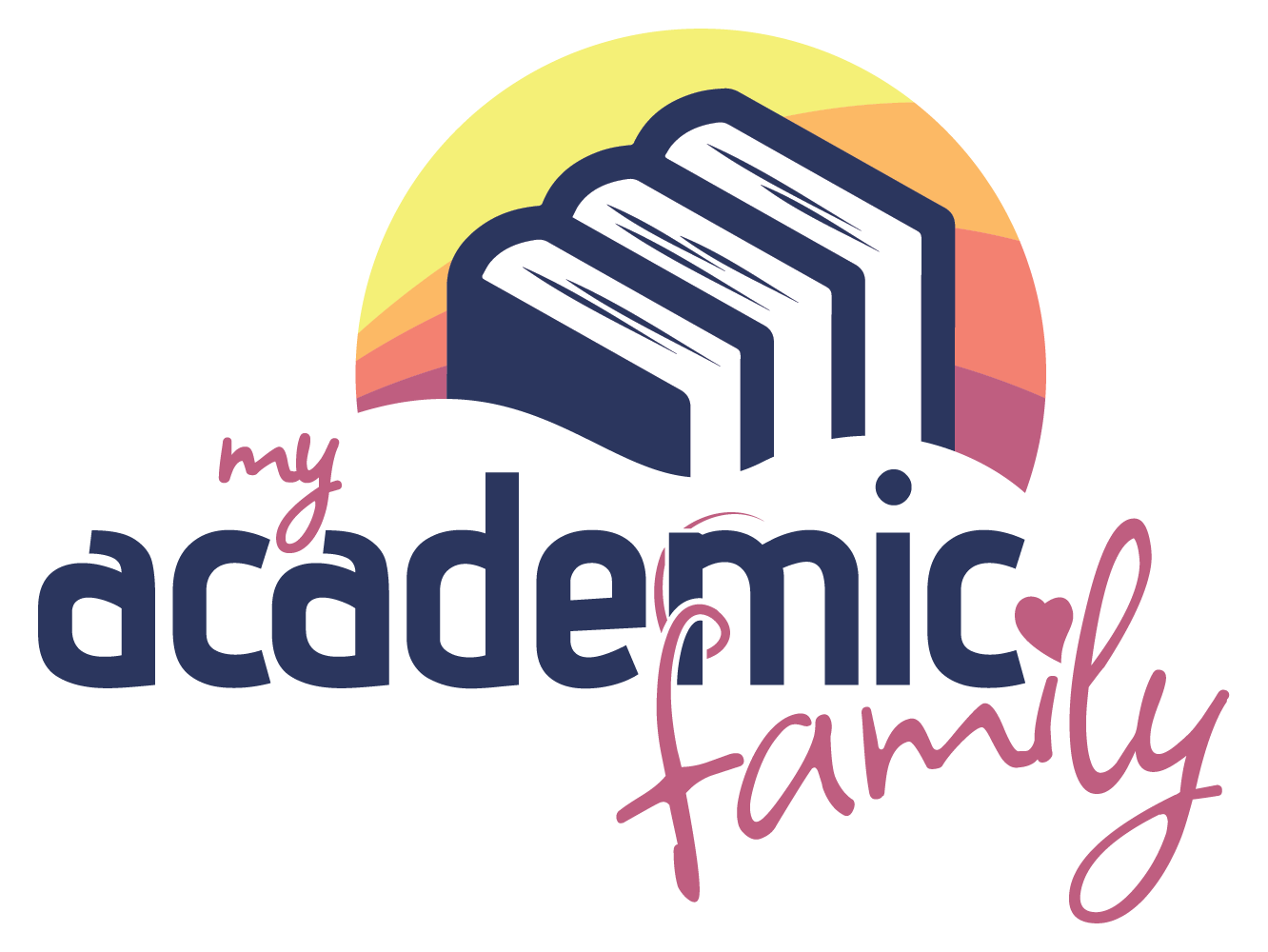How to find academic conferences
So you’ve decided you want to attend academic conferences – now what?
The first step is finding relevant academic conferences to attend. Appropriate is perhaps the key word here. If you’re a Biologist you probably don’t want to attend an Engineering or History conference (unless you’re doing interdisciplinary work and doing so is appropriate). There are loads of conferences out there that happen every year, so it’s about finding the right ones for you to attend and that are relevant to your interests and research.
There are five main approaches you can take to finding relevant conferences to attend:
1. Through University Communications
2. Online Conference Databases
3. Professional Associations, Societies and Subject Specialty Groups
4. Academic Journals
5. Networking with your supervisors, lecturers, and peers
University Resources
This includes keeping an eye out for emails (regular newsletters or special announcements) from your department that might mention upcoming conferences. Your department also likely has a bulletin board set up where calls for papers or conference announcements might be posted. There might also be an events calendar that your university uses to announce conferences that are being hosted on its campus. Some universities hold annual undergraduate or postgraduate specific conferences, so it’s worth having a look to see if your university does this.
Online Conference Databases
You can find online conference databases that try to amalgamate a lot of information on conferences into a single searchable database. Some of these can include conferencealerts.org, conferencemonkey.org, and WikiCFP.com. Be aware that these databases aren’t comprehensive, and it can be overwhelming to have to sift through so much data. These databases frequently set the specific topics you can search by or allow you to search by date (without specifying the topic). For some topics, there are only very general categories, such as History, Music, Chemistry, and Physics.
Professional Associations, Societies, and Subject Specialty Groups
If there are professional associations that exist within your field, they may run their own conferences, or may announce conferences to their members. Students frequently get discounted membership to professional societies, so it might be worth looking at whether membership would be a good move for you. Some societies may not have a membership cost or may have an email list you can join for free where they will send out announcements that could include information on conferences. You can also look to social media for information on conferences. There are Facebook groups and Twitter accounts that are dedicated to sharing information on conferences, usually on specified topics. You can also try searching for hashtags that include your field, e.g. #biologytwitter, #medievaltwitter, or #engineeringtwitter which might help you find accounts to follow.
Academic Journals
Many academic journals have conferences that are associated with the journal. If there are journals that you find yourself reading articles from frequently, it is worth looking them up online (whether for a website, Twitter account, or Facebook page) to see if they have a conference associated with the journal.
Networking with your Supervisors, Lecturers, and Peers
Professors and lecturers (and even fellow students) can be involved in organising conferences themselves, making them useful sources of information. Even when your peers don’t organise conferences, they may already be attending some or know about them. This can be really helpful for two reasons: your contacts may be more familiar with your areas of interest or field of study and may therefore be able to suggest highly relevant conferences for you to look into. Attending conferences that people you already know attend means you might experience less anxiety about attending the conference for the first time.
The Takeaway
Armed with an understanding of five main approaches – university resources, online databases, professional associations, academic journals, and personal networks – you are now equipped to navigate the landscape of finding academic conferences. As you explore this new world, each experience will contribute to your growth, knowledge, and the rich tapestry of your academic endeavours.






